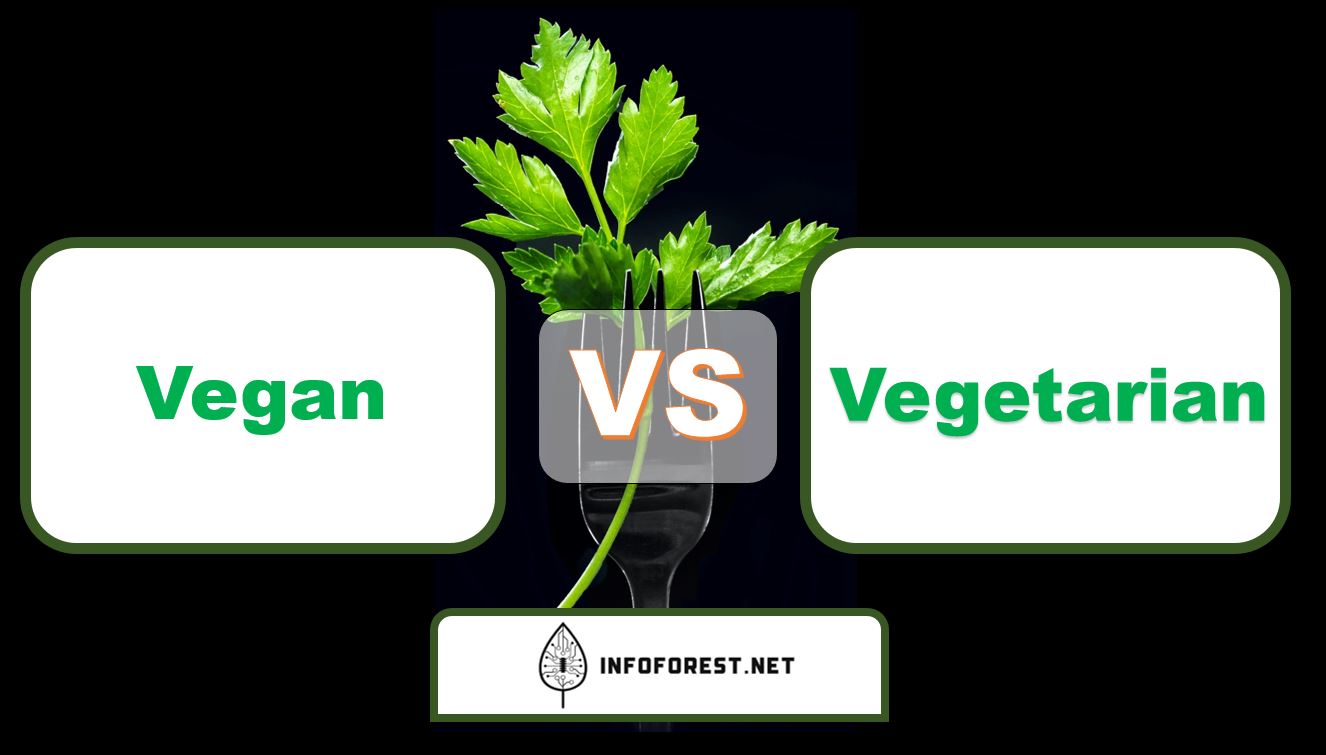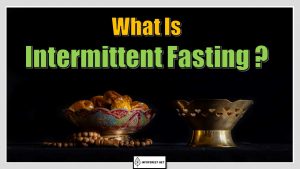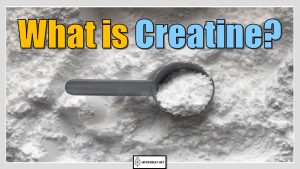
Vegetarian and Vegan diets are becoming increasingly popular as they significantly improve overall health. Vegetarians and vegans abstain from eating meat. Veganism, on the other hand, is stricter and prohibits dairy products, eggs, honey, and all other goods made from animal products, including leather and silk. More and more people are opting for a plant-based diet at a time when diseases related to obesity, such as heart disease, type 2 diabetes, high blood pressure, and cancer, are out of control.
However, given the numerous subcultures of vegetarianism, the differences between these two diets are not entirely clear to some people.
The similarities and differences between veganism and vegetarianism are discussed in the Vegan vs Vegetarian article which you are reading. We also go over the health benefits, the best diets for weight loss, the healthiest diets, dangers, and other important factors.
Vegetarian
To better explain Vegan vs Vegetarian, it is necessary to introduce each of these concepts individually and then compare them. A vegetarian is someone who abstains from eating meat, poultry, game, fish, shellfish, or offal. A vegetarian diet includes various amounts of fruits, vegetables, grains, legumes, nuts, and seeds. Depending on the type of diet, you may or may not consume dairy products, honey, or eggs.
Vegetarians, unlike vegans, don’t eat fish or meat, although they may consume dairy products and eggs. Some people choose to eat a vegetarian diet for a variety of reasons, including weight loss, improved health, and moral reasons because they disapprove of the use of animals for food or religious reasons.
Although the term “vegetarian” makes one think of someone who eats only plant foods, some vegetarian diets allow for a variety of foods.
Vegetarian Diet
Animal by-products such as eggs, dairy products, and honey that aren’t derived from the slaughter of animals are generally consumed by vegetarians. There are various forms of vegetarian diets that fall under the more general concept of vegetarianism. These include, but aren’t limited to
| Vegetarian Diets | Dietary details |
| Lacto-vegetarian | Eating dairy products instead of meat, fish, or eggs if you’re a Lacto-vegetarian. |
| Lacto-ovo-vegetarian | The most common variation is the lacto-ovo-vegetarian or simply vegetarian diet. Fish, meat, and poultry are not included, but dairy and egg products are. |
| Pescatarian | Pescatarians exclude meat and poultry from their diet and prefer fish, eggs, and other seafood. |
| Ovo-vegetarians | Ovo-vegetarians avoid dairy products as well as fish, meat, and poultry. |
| Flexitarian | Fish, meat, and poultry are occasionally part of a flexitarian diet, which is mainly vegetarian. This diet is often used by people who want to lose weight and become healthier. |
Vegan
As we mentioned before to better explain Vegan vs Vegetarian, it is necessary to introduce each of these concepts individually and then compare them. Now it’s time to introduce Vegan. Vegetarianism includes veganism as a subcategory. As mentioned earlier, a vegan abstains from all forms of animal meat, meat by-products, and all other products derived from animals, whether or not they’re derived from the killing of animals, such as dairy products and eggs. In addition, vegans don’t eat honey. They eat only vegetables, fruits, grains, seeds, and nuts.
The strictest and most restrictive form of vegetarianism is veganism. By limiting dietary alternatives, abstaining from all animal products, and adopting an ethical attitude, vegetarianism is promoted. It respects the rights of animals and prohibits actions that lead to the exploitation and cruelty of animals. Many vegans strive for a life free of animal products. They also stay away from anything that contains animal products, including leather, wool, silk, and cosmetics that have been tested on animals. Vegetarians can live vegan, but not all vegetarians are.
Most Viewed Articles
Ethical Vegan
Many vegans boycott companies that test on animals and only buy cosmetics that do not contain animal byproducts. Those who call themselves “ethical vegans” not only avoid circuses, zoos, rodeos, horse races, and other events that use animals for entertainment, but also zoos. Finally, a vegan diet is popular with environmentalists because it offers benefits in combating climate change and puts less strain on the planet’s resources.
Vegan Diet
Compared to a vegetarian diet, a vegan diet is much stricter. The Vegan Society defines veganism as a way of life that prohibits any kind of exploitation or cruelty to animals, whether for entertainment, research, or other purposes. Vegans strive to avoid the use of animal products in their daily lives and avoid the same foods as vegetarians, for example, Silk, Beeswax, Candles, soaps, and other articles made from animal fats, Goods made with latex and casein (from milk proteins), Animal testing has been conducted on cosmetics and other products.
A vegan diet was introduced in 1944, the same year that the Vegan Society was founded. But it wasn’t until 1988 that the term “vegan” became synonymous with renouncing the exploitation and cruelty of animals.
Vegan vs Vegetarian-Similarities
Vegetarianism and veganism have many things in common. Although the specific scope of these ideas may differ, both movements place great emphasis on the need to protect animals from harm. Both vegetarians and vegans abstain from eating meat and focus on a plant-based diet with many whole foods, especially grains, fruits, vegetables, beans, lentils, nuts, seeds, and seaweed. Both diets also allow the consumption of dietary supplements, alcoholic beverages, coffee, and tea.
Summary of Vegan vs Vegetarian
Vegans and vegetarians both abstain from eating meat and fish. Veganism, a stricter version of vegetarianism, prohibits the use or consumption of products made from animal products, including dairy products, eggs, honey, leather goods, wool, and silk. Dairy products, eggs, honey, and other byproducts that don’t require the killing of animals are acceptable to vegetarians. However, there are a variety of forms of vegetarian diets.
For example, some vegans eat only eggs but no dairy products. A variety of fruits, vegetables, nuts, seeds, grains, legumes, and “meat alternatives” from these categories are typically included in vegan and vegetarian diets. Both a vegetarian and vegan diet may have health benefits, such as lower body weight, lower cholesterol levels, and lower risk of cardiovascular disease.
We also invite you not to miss our other popular health articles such as Medicare vs Medicaid, Type 1 Diabetes vs Type 2 Diabetes, and Psychologist vs Psychiatrist.









